Tipping the Balance (I.D. XVIII)
Dembski shows, I think convincingly, that the complexity in nature reveals God's intelligent design. Nature bespeaks God by virtue of the fact that its complexity is rife with "specification": pattern and structure which can be shown mathematically to be there even when we can't name the pattern. Because this demonstrable-if-hidden structure is both "tractable" and "conditionally independent" of the natural events it infuses, it can't be a fabrication or illusion. Therefore, God made it.
I'm pretty much on board with that, now that I've read Dembski and grappled with his ideas in what I hope is an intellectually honest fashion. But a lot of people I respect hate these ideas.
Among them are columnist Clarence Page, who recently had at the Intelligent Design crew in "Reframed arguments rekindle Darwin debate." Another pundit I like and admire who opposes I.D. is Ellen Goodman, in "Creationists' new design."
Both writers worry about inflicting I.D. on high-schoolers under its proponents' latest mantra, "Teach the Controversy." Don't feed students just Darwinism unquestioned, the argument goes, but offer them intellectually respectable alternative choices, I.D. principal among them.
That rationale may sound innocuous, but columnist Page thinks it's a Trojan horse:
... it usually does not take long for ID proponents to reveal their inner urges to crack the wall of separation between church and state. "Part of our overall goal," William Harris of the Kansas-based Intelligent Design Network told the British Broadcasting Corp., "is to remove the bias against religion that is currently in schools."
Opinionist Goodman goes further. She thinks I.D. is a clever, purposely concocted way around the U.S. Supreme Court's 1987 decision "that teaching creation in the classroom was teaching religion and unconstitutional." By replacing "God" with an "intelligent designer," she suggests, this new form of creationism fig-leafs the essentially religious message into a wholly secular one and makes if fit for public-school consumption.
I certainly think Page and Goodman are wrong about the supposed scientific shortfalls of Intelligent Design, but I suspect they're right about the political agenda. I think I.D.'ers want to effect an ideological and cultural sea change in our society.
The way I see it, right now there is a rough balance in our land between committed conservative theists and committed freethinkers. The latter may be outnumbered by the former, but a lot of liberal religious believers, nominally occupying the middle ground, tend to ally with atheists, agnostics, and "apatheists" and help them hold religion out of the public square.
If I.D. were included in everyone's high school curriculum — whatever textbooks the public schools decide on will soon find their way into private and parochial institutions — the balance could very well be upset in favor of the churchly over the secular. Nowadays, most people feel free to be religious, or not, as their heart desires. Endorsing I.D. in schools as a "legitimate" scientific outlook could bring the present cultural balance to a tipping point, such that irreligion would again come to bear the stigma it thought it lost several decades ago.
Who knows what manner of intolerance would flow from that?
Truth to be told, though, I think it's only a matter of time before I.D. worms its way into the crevices of our ideosphere, where like water freezing in rock, it will shatter the prevailing scientific paradigm, and with it, the cultural balance of which I speak.
Dembski lambastes the positivist, naturalist paradigm — or is it an episteme, "ep-is-TEE-me": per this Wikipedia page, "the regime of truth that [underlies] all the discourses of a particular epoch" — which rules all reference to God, creation, and purpose out of modern science as well as, except for ritualistic vestiges, the public square. He says that situation has to change, and then he lays out his theory of intelligent design which, if embraced, would change it. New paradigm or new episteme, if adopted it would turn our science and maybe our whole culture into something radically different.
It comes as no surprise that that's exactly what many I.D. proponents want. They want to "take back the night" and "put God back in our lives."
Though I am a committed believer in God, I shudder at the loss of balance that might accompany such a sea change. If we go to a science which vouchsafes an intelligent designer above the world, can an American theocracy be far behind? There are a lot of Americans who would not balk at the idea. These combatants in the "culture wars" consider I.D. a weapon in their arsenal.






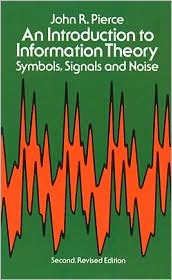

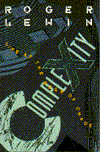

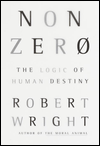

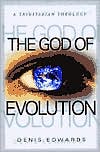

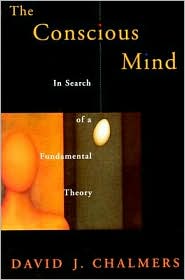
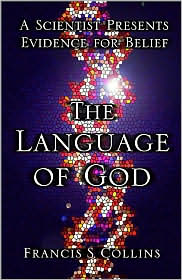


0 Comments:
Post a Comment
<< Home